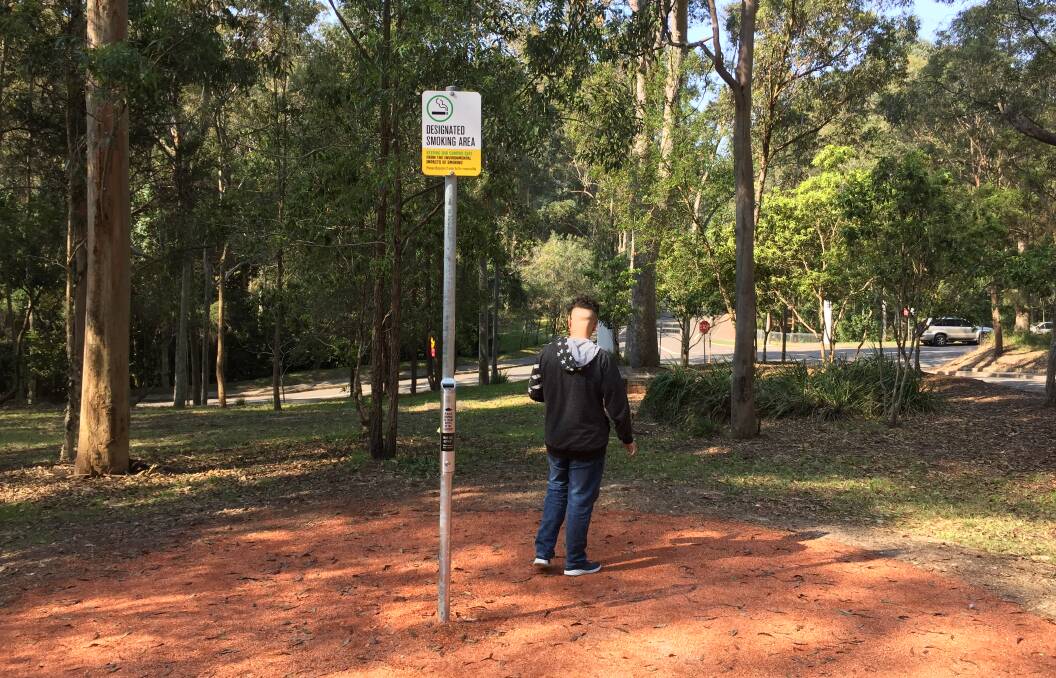
- FROM P1.
After setting out where the smoking areas were located, the email to staff closed by saying: “We remain committed to achieving our goal of being the safest and healthiest university in Australia and we call upon all staff, students and visitors to our campuses to support us in this effort.”
Subscribe now for unlimited access.
$0/
(min cost $0)
or signup to continue reading
Fourteen months ago, in July 2017, the university said it was moving to the final stage of a smoke-free policy it had implemented in stages since 2014.
At the time, the medical doctor in charge of the program, Dr Stephanie Brookman, said: “This is such a positive step for the university.
“Statistics tell us that the majority of people don’t smoke, so by going smoke-free the university is protecting those who choose not to smoke and setting a really good example for the community.”
Students living on campus were given until January of this year before the ban kicked in, although smoking was still allowed for residents at designated areas between 7pm and 7am.
At Callaghan yesterday afternoon, most of the smoking “pods” were deserted, and everyone the Herald spoke to smoking at the designated spots were either international students or staff. All declined to put their names to their comments.
But with the university and its health academics engaged in high-level medical and public health research aimed at reducing smoking rates, there are fears that relaxing the ban – if even for practical reasons – sends the wrong signal, and could even harm their chances in winning research grants if Newcastle became known as “the smoking campus”.
Yesterday, the university’s chief operating officer, Nat McGregor, said the decision, “made by our executive committee, was not taken lightly”.
“The health and safety of our campus environments is a priority that can only be achieved through the responsible behaviour of all,” Mr McGregor said.
“Unfortunately, we have clear evidence that our smoking restrictions were being ignored in enough volume to cause real concern.
“Our smoke-free initiative resulted in people smoking in areas that are not appropriately cleared, increasing the risk of fire, as well as causing pollution to our wetlands from discarded cigarette butts. After an extremely dry winter, the risk of bushfire is heightened this year, and appropriate action was needed to safeguard our community.”
Mr Chapman, a national authority on tobacco control, said giving in to people was not the right way to go.
“The bushfire prevention argument is frankly ridiculous,” Mr Chapman said. “Would the university reverse its policies on other unacceptable behaviours?”

